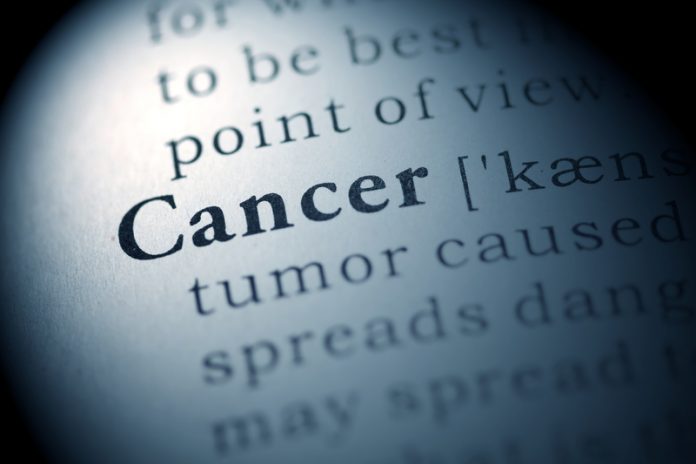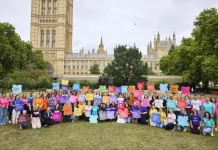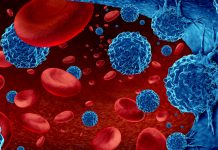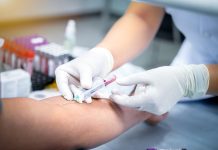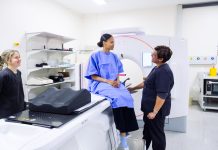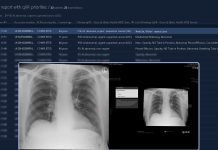The Cancer Drugs Fund, set up to pay for medication not funded by the NHS, was a “huge waste of money” and caused unnecessary suffering for patients
According to UK researchers a fund set up to pay for cancer drugs outside the remit of the NHS did not deliver what it promised.
The fund, which was set up following a Conservatives election pledge, ran from 2010 to 2016. Now, researchers are stating the fund was a “huge waste of money” and may have in fact caused some patients to suffer unnecessarily due to the side effects of the drugs.
Why did it fail?
According to the figures, nearly 100,000 patients were helped through the scheme, which funded medication not available via the NHS.
Normally, new drugs are assessed and checked for their effectiveness via the National Institute for Health and Care Excellence (NICE). However, the Cancer Drugs Fund was run separately from the normal process used by the NHS until last year, when it was finally brought under the remit of NICE. It is now used to fund treatments, providing there is a case to pay for it.
The fund, which cost £1.27bn during the lifetime of the programme, has been accused of being launched without enough planning behind it.
Professor Richard Sullivan, from King’s College London, said it was “policy on the hoof”.
He added: “Populism doesn’t work when you are dealing with complex areas of policy like this. When it was launched it was not monitored properly. It was politically and intellectually lazy.”
He said leading doctors and cancer charities should have spoken up and scrutinised the fund more, adding by the end of 2016 the fund proved to be a “huge waste of money”.
Fund gave patients more time
Support for the initiative was strong from the government, who said the fund had given many patients “precious extra time”.
This sentiment was also mirrored by Breast Cancer Now chief executive Baroness Delyth Morgan who said many patients living with incurable breast cancer had seen their lives transformed by the fund.

